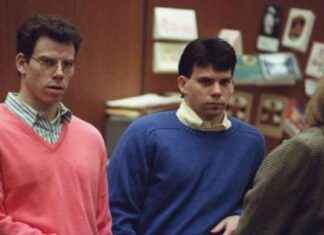Thirty years after the failed elections that reactivated the civil war, the two contenders at the time, the ruling Popular Movement for the Liberation of Angola (MPLA) and the opposition National Union for the Total Independence of Angola (UNITA) claim to be winners of last Wednesday’s elections. However, this time there are no weapons prepared for the fratricidal struggle, but rather a political conflict in which the MPLA, in power since independence in 1975, has a great advantage, by tightly controlling the State’s resources. With 97% counted, the official data gave 51% to the MPLA and 44% to UNITA. This ensures that according to its parallel count it is one point behind its rival, with 40% of the minutes counted, in which territorially they perceive a victory trend.
As in Angola the president and Parliament are voted on with a single ballot, what is at stake, in addition to the distribution of seats, is whether the worn-out João Lourenço, of the MPLA, will have a second five-year term or if the charismatic Adalberto Costa Junior, from UNITA, will be the first head of the state of the losers of the civil war, which ended 20 years ago. But it seems very complicated that Lourenço does not continue to lead the country, although with a great response.
This rejection has its axis in the capital’s province of Luanda, where, according to official data, UNITA almost doubles the MPLA, which has already conceded defeat. In Luanda, youth movements of rebellion have emerged in recent years against the patrimonialization of the State by the MPLA and in the face of the situation of an oil country that has just come out of a five-year recession slightly and has 44% of its population in poverty. extreme.
With the calm style that its candidate transmitted in the campaign, UNITA affirms that its count is going slowly. When both data are available, the official and the alternative, the political confrontation will accelerate. Regardless, the MPLA remains screwed in power.








